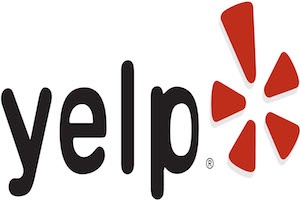 Anonymous social media kudos for a brand can go happily viral, but one or two cranks can tarnish a brand´s image without good cause. A US court has now taken steps to remedy the situation by ordering the identification of critics that have never used a brand or company.
Anonymous social media kudos for a brand can go happily viral, but one or two cranks can tarnish a brand´s image without good cause. A US court has now taken steps to remedy the situation by ordering the identification of critics that have never used a brand or company.
Protected by US constitutional law, anyone having a bad day can write some scathing comments about a brand or business under cover of complete anonymity. US courts and civil rights groups have generally agreed that the potential of a few “bad apples” to abuse the First Amendment is a necessary sacrifice to preserve the right to free speech.
The status quo has now wobbled after a Virginia court of appeal made a ruling this week suggesting that the cover of anonymity in the online bashing of people and brands may not always be a safe haven for people who wish to ruin reputations. When negative comments were posted about his carpet-cleaning business, Hadeed Carpet, on Yelp, Hadeed didn’t believe the comments were made by actual customers and requested that Yelp reveal the posters’ identities.
Finding sufficient evidence that the critics were not, in fact, customers of Hadeed Carpet, the Virginia state court ruled to compel Yelp to provide the information, and the State Appeals Court subsequently affirmed this decision.
Free speech advocacy groups have supported Yelp in responding to the decision with an outcry and a decision to appeal. The case could reach the US Supreme Court, although this outcome is considered unlikely.
Speaking for the majority in the appeal, Judge William Petty ruled that though Yelp users don’t lose their free speech rights online, protected speech is based on an “underlying assumption of fact.” For the negative comments to be protected, in other words, the commentators would need to have been actual customers of Hadeed Carpet. Deliberately false statements are not protected speech.
An attorney with the advocacy group Public Citizen filed a brief on Yelp´s behalf, which states that the ability to easily identify online critics would cast a “chill” over free speech, discouraging people to speak out. Levy told a contributor to Search Engine Land that other internet-based companies may also file “friend of court” briefs with the Virginia Supreme Court in defence of the rights of users to make anonymous comments.


 01263 519749
01263 519749